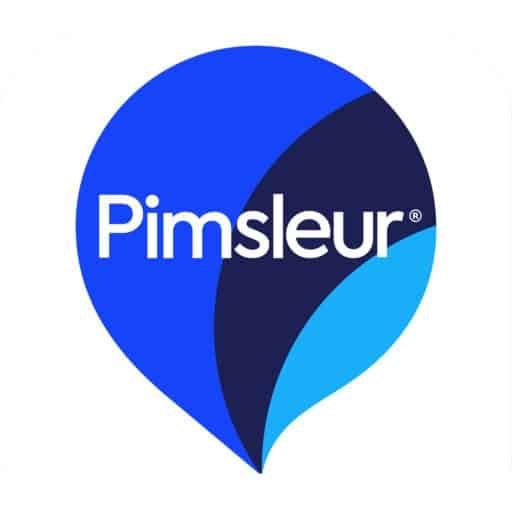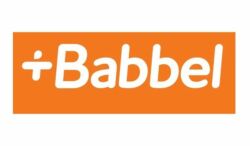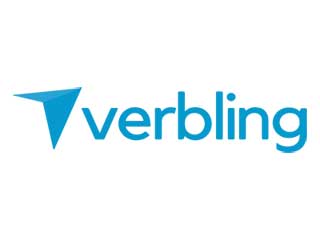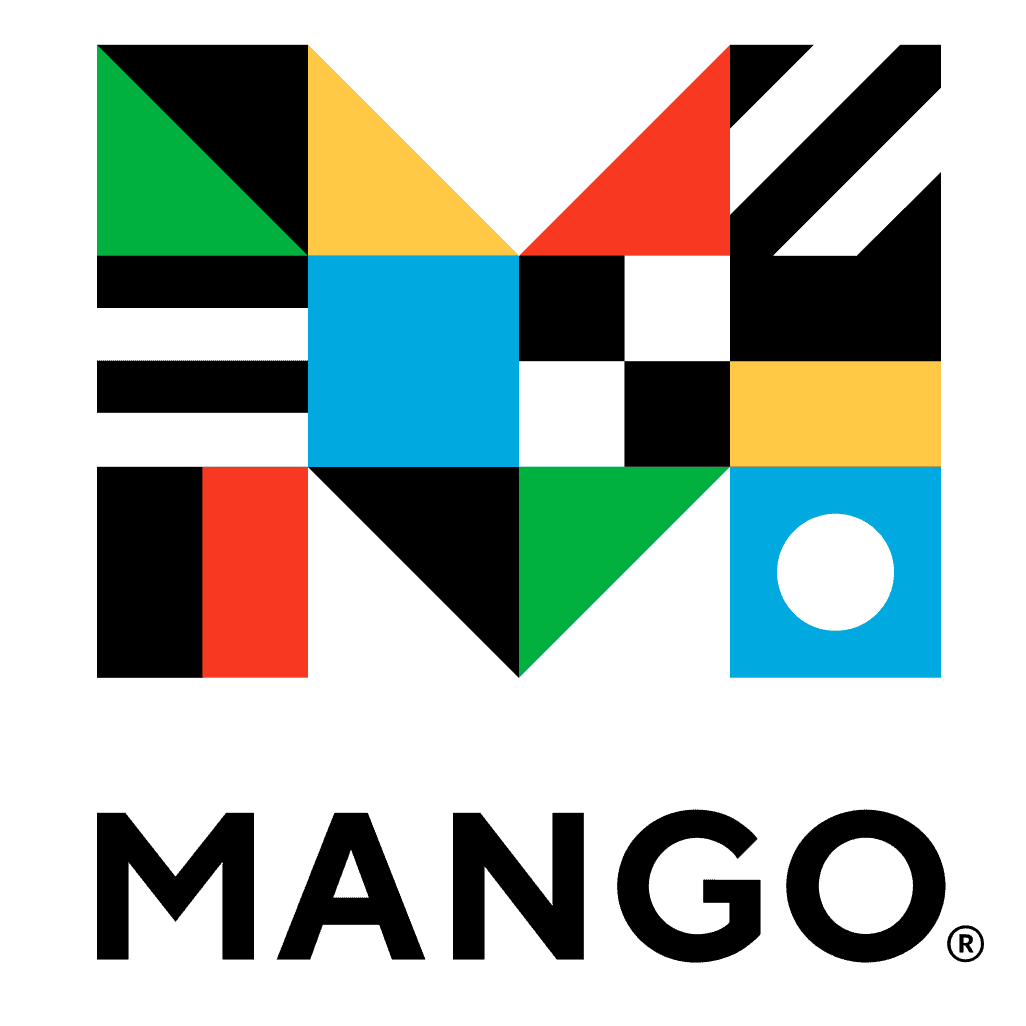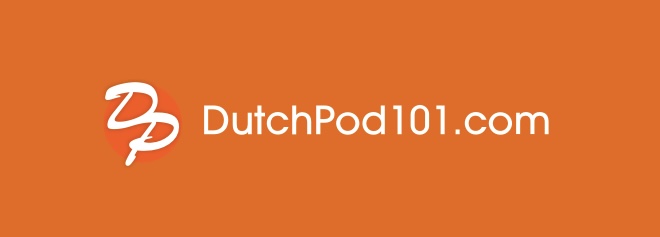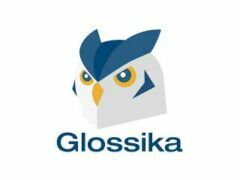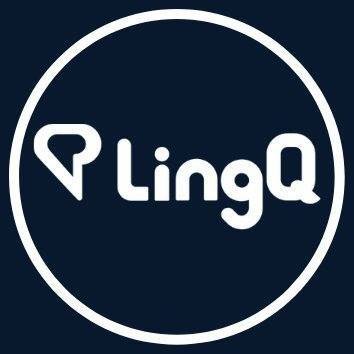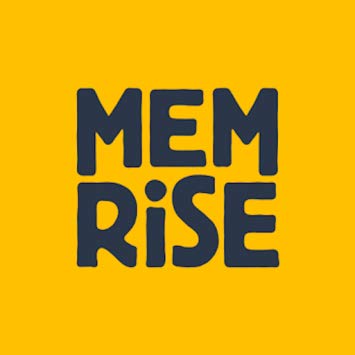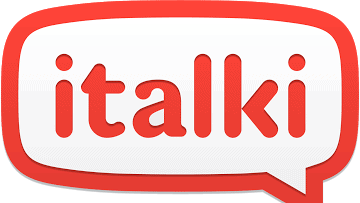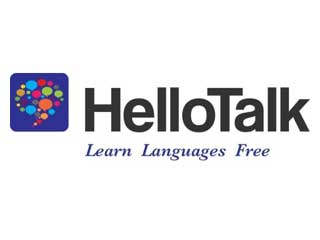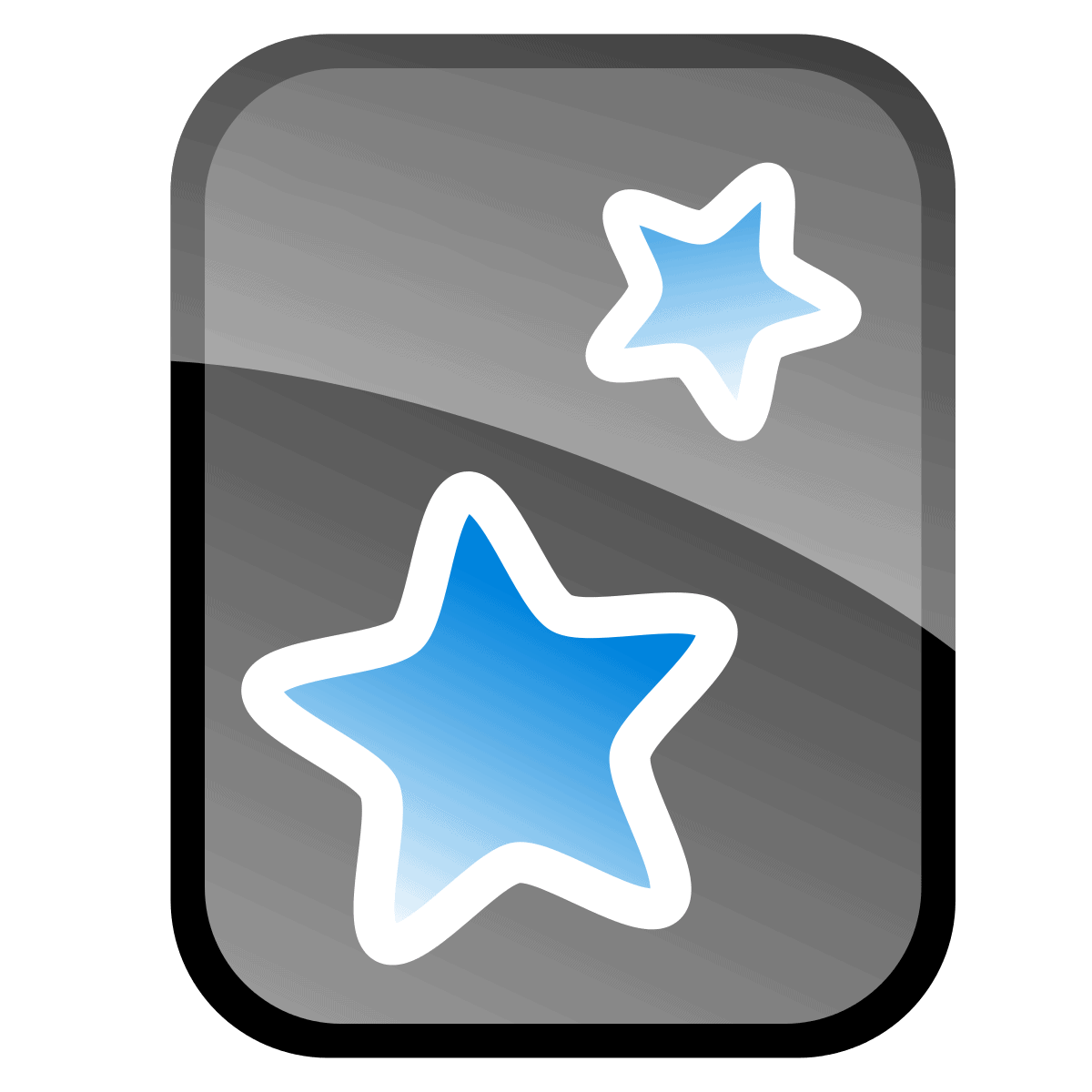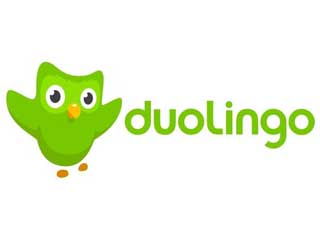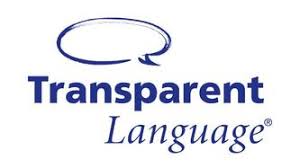Unlike popular languages like English, Mandarin and Spanish, Dutch may not have as many online courses. However, there are still some good options out there that can help you learn Dutch.
Whether your reason for learning Dutch is professional or casual, you need the best courses to get started. Don’t settle for less.
This list highlights the best apps in specific categories according to their value, focus and price. We hope that this list will help you narrow down your options and find the ones that fit your needs.
Table of Contents
Table of Best Courses to Learn Dutch
Links below will send you to the course websites, and the course details are down below.
OVERALL BEST
A Quick Jump-Start for Dutch: Pimsleur
Solid and Affordable Tool for Beginners: Babbel
Best for Picking Your Own Class: Verbling
BEGINNER’S COURSES
A Quick Jump-Start for Dutch: Pimsleur
Decent Instruction for Beginners: Mango Languages
READING AND LISTENING
Excellent Audio-Focused Resource for Dutch Practice: DutchPod101
Pricey but Serves a Purpose: Glossika
Read Your Favorite Content: LingQ
SPEAKING AND WRITING
A Quick Jump-Start for Dutch: Pimsleur
Good for Intermediate Students Wanting to Practice Speaking: Glossika
VOCABULARY ACQUISITION
Free Grammar-Focused Supplement: Dutch Grammar
Varied Instruction with an Emphasis on Grammar: LearnDutch.org
Great for Growing Your Vocabulary: Memrise
Phrase-Based Learning With Lots of Grammar Practice: Assimil
TUTORS AND LANGUAGE EXCHANGES
Convenient Tutoring at All Price Points: italki
Great Way to Find Tutors and Classes: Verbling
Best Way to Find Language Exchange Partners While Taking Its Audio Lessons: HelloTalk
Overall Best Dutch Learning Courses
These five Dutch courses are our overall best. They take a more comprehensive approach to teaching Dutch and focus on several aspects of language learning. They’re better for learners who are just starting out with the language.
A Quick Jump-Start for Dutch
Developing oral language is the focus with Pimsleur, and I can’t say they’ve got it wrong. You’ll listen to audio recordings that feature male and female speakers. It’s conversational-style speech, which feels natural and intuitive.
Of course, the focus is on audio, so there’s not a whole lot of written material. Pimsleur has added a subscription option for some languages, which lowers the cost significantly, but unfortunately, Dutch isn’t yet available.
Pros
- Your verbal skills get a jump-start since it’s audio-based learning.
- Lesson prompts encourage you to start speaking immediately.
- Plenty of cultural info helps add depth to your learning.
Cons
- Additional resources might be needed to help with reading and writing skills.
- Some lessons can be a bit dull.
- No subscription option, yet.
See our Super-Detailed Pimsleur Review
Solid and Affordable Tool for Beginners
If you’re a beginner to low-intermediate Dutch learner, Babbel might be right up your alley. The lessons are repetitive, building on each other, so you can get the basics down in a snap. You can also start with Babbel with little to no background in Dutch—the lesson style is similar to other apps like Duolingo but are much more comprehensive.
There’s also a review tool that makes sure you practice words or phrases you’ve had trouble with. Overall, Babbel offers affordable, well-structured courses that get the job done.
Pros
- Each lesson builds up to the next, so your learning is progressive.
- Different exercise types provide a variety of ways to practice.
- Grammar and cultural points help you master the basics of any language.
Cons
- Fairly similar exercises as other learning apps.
- It’s probably not a great idea to rely on the speech checking tool for pronunciation.
Countdown to Summer Sale! Get 60% off Babbel Lifetime Subscriptions. See details on the website. Offer ends on 5/5/2024.
See our Super-Detailed Babbel Review
Best for Picking Your Own Class
Verbling is an online language-class marketplace where you can take lessons with teachers of your choice. It has some student-friendly extra features, including a built-in online classroom, flashcards, homework calendar, and a filing system for lesson materials. There are also useful but disorganized forums where you can discuss languages, share writing for critique, and do free language drills and exercises.
The lessons are generally high quality and well structured, plus the filters make it easy to find teachers who specialize in everything from accent reduction to interview preparation.
Pros
- You can find great teachers very quickly
- The platform’s extra features, such as teacher-made, personalized flashcards, help you review the material learned in each lesson
- It seems focused on long-term progression as well as immediate student satisfaction
- You don’t have to give out your contact details, thanks to the classroom technology
Cons
- Some teachers don’t use the platform’s flashcards and materials system
- There are fewer languages available than on italki
- You can only pay in US dollars, plus there’s a hidden fee
- The forums need more moderation
See our Super-Detailed Verbling Review
Best Dutch Beginner’s Courses
When starting out with a language, you need a strong foundation. We recommend these courses because they are of great quality and they have you working on your language skills from the get-go.
A Quick Jump-Start for Dutch
Developing oral language is the focus with Pimsleur, and I can’t say they’ve got it wrong. You’ll listen to audio recordings that feature male and female speakers. It’s conversational-style speech, which feels natural and intuitive.
Of course, the focus is on audio, so there’s not a whole lot of written material. Pimsleur has added a subscription option for some languages, which lowers the cost significantly, but unfortunately, Dutch isn’t yet available.
Pros
- Your verbal skills get a jump-start since it’s audio-based learning.
- Lesson prompts encourage you to start speaking immediately.
- Plenty of cultural info helps add depth to your learning.
Cons
- Additional resources might be needed to help with reading and writing skills.
- Some lessons can be a bit dull.
- No subscription option, yet.
See our Super-Detailed Pimsleur Review
Decent Instruction for Beginners
Mango Languages is a more expensive alternative to Duolingo, but it does have some perks. Like the fact that some libraries offer it to locals for free. If that’s the case at your neighborhood library, you might want to try Mango out.
There’s not much cultural info or grammar instruction with Mango, but the materials are pretty high-quality. And the platform does have some of the same strengths as Duolingo—such as their stats tracker and a game-like structure.
Pros
- Could get it for free at your local library.
- You get every language (70+) with your subscription.
- The format’s pretty engaging and game-like.
Cons
- No content for advanced Dutch speakers.
- The translation function is literally only a Google plugin.
See our Super-Detailed Mango Languages Review
Courses to Learn Dutch Reading and Listening
Practicing and improving your reading and listening skills will enable you to eventually understand Dutch materials. These courses are key to help you understand how the Dutch language is structured.
Excellent Audio-Focused Resource for Dutch Practice
DutchPod101 is a podcast-style language learning platform with tons of extras. The focus is on the audio, with hundreds of audio and video lessons. There are also flashcards, PDF notes, and discussion forums.
The focus is mostly on beginner-level Dutch speakers, so you might need supplements as your skills develop. Adding some written practice can help boost your learning, too. But you can’t beat the conversational style for adding to your vocabulary.
Pros
- Listening to the “podcasts” helps develop listening and verbal skills.
- Accessible for beginners with little knowledge of Dutch.
- Cultural elements are strong, and the conversational format is appealing.
Cons
- Not much advanced material.
- There is a lot of English involved, which could slow your language progress.
See our Super-Detailed DutchPod101 Review
Pricey but Serves a Purpose
Glossika uses audio drills to start out every language (and they offer a lot). With a similar format for every language, this might be a good option if you’re learning more than one language at the same time. Audio lessons cover speaking, listening, and comprehension, so it’s a useful tool for upper-beginner or lower-intermediate learners.
You’ll probably notice a lack of cultural information with Glossika. Of course, the tradeoff is decent instruction with a consistent format that helps if you’re trying to learn multiple languages.
Pros
- Only pay once—when you subscribe, you get every language Glossika offers.
- There’s a lot of audio material across tons of languages.
- The format is repetitive, in a good way.
Cons
- Pricing is steep for what you get.
- It’s common to find errors in the courses.
- The interface isn’t anything exceptional.
See our Super-Detailed Glossika Review
Read Your Favorite Content
LingQ is a language-learning platform that focuses on extensive reading for over 30 different languages. You can import your own content or choose from the community library of books, articles, podcasts, YouTube videos, and more.
The app highlights unknown words across every lesson and makes them reviewable via different types of SRS flashcards. The more you read, the more accurately you will be able to identify content that is suitable for your level.
Although I did not find it beneficial for languages I had never studied before, I think LingQ can be helpful for upper-beginner to advanced language learners who enjoy reading. It is especially helpful if you struggle to find graded readers in your target language.
Pros
- Easily import almost any material you want to study
- Use SRS flashcards to quiz new words from a specific page
- Each lesson in the library displays the percentage of known and unknown words based on reading history
- There are many dictionaries to choose from for definitions
Cons
- Reviewing words is chaotic
- The extra features are overpriced and can be found other places for cheaper
- Very little of the content is original. Much of it was uploaded by users from other places
- The free version is extremely limited
See our Super-Detailed LingQ Review
Courses With Dutch Speaking and Writing Emphasis
When learning a new language, it is inevitable that you’ll need to put both your speaking and writing skills to the test. These courses will help you practice Dutch pronunciation and speech, you’ll also be writing from the very beginning with these courses.
A Quick Jump-Start for Dutch
Developing oral language is the focus with Pimsleur, and I can’t say they’ve got it wrong. You’ll listen to audio recordings that feature male and female speakers. It’s conversational-style speech, which feels natural and intuitive.
Of course, the focus is on audio, so there’s not a whole lot of written material. Pimsleur has added a subscription option for some languages, which lowers the cost significantly, but unfortunately, Dutch isn’t yet available.
Pros
- Your verbal skills get a jump-start since it’s audio-based learning.
- Lesson prompts encourage you to start speaking immediately.
- Plenty of cultural info helps add depth to your learning.
Cons
- Additional resources might be needed to help with reading and writing skills.
- Some lessons can be a bit dull.
- No subscription option, yet.
See our Super-Detailed Pimsleur Review
Good for Intermediate Students Wanting to Practice Speaking
Glossika uses audio drills to start out every language (and they offer a lot). With a similar format for every language, this might be a good option if you’re learning more than one language at the same time. Audio lessons cover speaking, listening, and comprehension, so it’s a useful tool for upper-beginner or lower-intermediate learners.
You’ll probably notice a lack of cultural information with Glossika. Of course, the tradeoff is decent instruction with a consistent format that helps if you’re trying to learn multiple languages.
Pros
- Only pay once—when you subscribe, you get every language Glossika offers.
- There’s a lot of audio material across tons of languages.
- The format is repetitive, in a good way.
Cons
- Pricing is steep for what you get.
- It’s common to find errors in the courses.
- The interface isn’t anything exceptional.
See our Super-Detailed Glossika Review
Learn Dutch Vocabulary and Grammar
The courses we recommend in this section incorporate methods that help you memorize and retain vocabulary. There are also recommendations that give you great grammar practice to help you understand how sentences are formed.
Free Grammar-Focused Supplement
Once you get past the outdated feel of the website, Dutch Grammar is a helpful resource no matter your ability level. The highlight is the forums, which are constantly active, even if the site is old. Most of the resources are text-based, but there is a bit of audio. One tool lets you listen to the pronunciation of Dutch words, a feature that’s helpful for beginners.
The audio resources cover a bunch of different topics, but none go too in-depth. You can read the transcripts, too, which can help with comprehension. You can also get a PDF book of the entire website for a small fee, which lets you take your learning anywhere.
Pros
- It’s free!
- There’s a lot of forum activity, so you can get help and network, too.
- The focus on grammar helps you build a strong foundation in Dutch.
Cons
- The website feels a little outdated.
- There’s not much audio to work with, so you might need a supplement for that.
Varied Instruction with an Emphasis on Grammar
LearnDutch.org offers both a free and paid option. With a free subscription, you can access a lot of the content, like vocabulary/proverb/phrase courses. You can watch all the videos from the free courses, do exercises, and save your progress by registering online.
Instruction starts with a “1,000 most common words” course, and it’s split into a video, vocab list, exercises, and then review tests every five lessons. Other courses cover grammar, the Dutch alphabet, phrases, typical Dutch, Belgian Dutch, listening exercises, and conjugation.
Pros
- Plenty of free content to get you started at the beginner level.
- Lots of grammar instruction included.
- The paid courses are pretty expensive, and you need more than one to get to the advanced level.
Cons
- Some aspects of the site are paid, and it’s not clear up-front which ones you can and can’t use with the free subscription.
- No mobile option or ability to download lessons.
Great for Growing Your Vocabulary
Memrise is a helpful, free study tool. You can study user-generated “decks” that cover different subjects like food, culture, and more. The free subscription limits you to using the user-created content only, while premium plans give you access to more content.
Things change often with Memrise, which is cool since it’s always improving. Still, you don’t want to overuse it—grabbing a grammar book or another resource should help balance your learning.
Pros
- Flashcard-type courses cover all kinds of subjects.
- You can learn vocabulary specific to certain scenarios.
- The user-created content is free to access.
Cons
- There’s not much for advanced speakers.
- Very little context/culture—the lessons stand alone.
See our Super-Detailed Memrise Review
Phrase-Based Learning With Lots of Grammar Practice
Assimil is a French company that has been selling language-learning resources since 1929. Assimil materials are available as books, CDs, and downloadable e-courses; there are a variety of available course types, and instruction is based on interacting with phrases in the target language. The popular Sans Peine or, With Ease, courses are for absolute or false beginners that would like to reach the B2 level, but we think you’ll need to incorporate some other study materials to make this happen.
Pros
- The audio quality is great
- The culture notes add a lot of value
- There are plenty of grammar explanations, but they aren’t a focus
Cons
- The mobile app isn’t super intuitive
- The pronunciation feedback method could be better
- The exercises aren’t especially engaging
See our Super-Detailed Assimil Review
Tutors and Dutch Language Exchange
A native Dutch speaker is a really valuable resource when it comes to learning the language. Whether as a one on one tutor or as a language exchange partner, the courses below connect you to a great Dutch speaker who will assist you in your language learning journey.
Convenient Tutoring at All Price Points
iTalki is an affordable way to get one-on-one instruction from knowledgeable instructors. You can connect with either professional teachers or community tutors across a range of price points. The teachers have some professional experience, while the community tutors tend to be native or advanced speakers.
The cool thing about iTalki is you can choose someone whose personality and teaching methods are the right fit for your learning style. It could take some trial and error, but you might find a tutor you want to stick with over time.
Pros
- Appointments are flexible, and you schedule time slots at your convenience.
- The Language Partners Board lets you get free or for-trade help with Dutch.
- Instructors offer trial lessons so you can spend less to try them out.
Cons
- Payments involve “credits,” which makes the pricing confusing.
- You usually need to schedule lessons in advance, and popular teachers’ schedules may often get booked up.
See our Super-Detailed italki Review
Great Way to Find Tutors and Classes
Verbling is an online language-class marketplace where you can take lessons with teachers of your choice. It has some student-friendly extra features, including a built-in online classroom, flashcards, homework calendar, and a filing system for lesson materials. There are also useful but disorganized forums where you can discuss languages, share writing for critique, and do free language drills and exercises.
The lessons are generally high quality and well structured, plus the filters make it easy to find teachers who specialize in everything from accent reduction to interview preparation.
Pros
- You can find great teachers very quickly
- The platform’s extra features, such as teacher-made, personalized flashcards, help you review the material learned in each lesson
- It seems focused on long-term progression as well as immediate student satisfaction
- You don’t have to give out your contact details, thanks to the classroom technology
Cons
- Some teachers don’t use the platform’s flashcards and materials system
- There are fewer languages available than on italki
- You can only pay in US dollars, plus there’s a hidden fee
- The forums need more moderation
See our Super-Detailed Verbling Review
Best Way to Find Language Exchange Partners While Taking Its Audio Lessons
HelloTalk is a mobile app for language learners interested in language exchange. It facilitates communication between native speakers and those learning their language with the use of built-in language tools. It also offers audio lessons in 10 languages as part of a separate subscription.
Pros
- It’s exciting to practice communicating with real people
- The built-in language tools are helpful
- It’s easy to pick up and put down whenever you like
Cons
- It’s too easy to rely on google translate
- It can be hard to find good partners
- The paid audio lessons probably aren’t worth it
See our Super-Detailed HelloTalk Review
Maybe Try These Dutch Learning Courses
The following courses may not have made it into our favorites list but they are still very beneficial and worth a look. Do you see any that you like?
Udemy
Udemy is a helpful tool for Dutch learners at all levels. Courses range from an hour long to 6.5 hours, and many instructors include downloadable study guides and other materials. Plus, if you want to learn specific vocabulary or a certain dialect, you can find the right content on Udemy.
Video-based components are the highlight, so you get plenty of audio practice, too. And, there’s a money-back guarantee, so if you aren’t impressed, you can take it up with Udemy.
Assimil
Assimil is a French company that has been selling language-learning resources since 1929. Assimil materials are available as books, CDs, and downloadable e-courses; there are a variety of available course types, and instruction is based on interacting with phrases in the target language. The popular Sans Peine or, With Ease, courses are for absolute or false beginners that would like to reach the B2 level, but we think you’ll need to incorporate some other study materials to make this happen.
See our Super-Detailed Assimil Review
Mondly
Mondly can help you learn Dutch, but there are better options at or below the same price point. You won’t be immersed in culture or have fun with games with Mondly. Instead, you’ll get some basic conversational practice and learn a few vocabulary words.
Spring Sale! Get 96% off Lifetime Access to Mondly Premium, plus bonus access to Mondly AR & Mondly Kids! See details on the website. Offer ends on 4/30/24.
See our Super-Detailed Mondly Review
Rosetta Stone
We just can’t recommend Rosetta Stone for learning Dutch. Honestly, it’s the instruction method we don’t like—the picture-matching gets old, fast. Yes, you can learn basic vocabulary, but at this price, you can combine a handful of other courses to achieve the same—or better—results.
It could be kind of fun, especially for kids, but as an adult trying to seriously learn a language, you’re likely to be disappointed.
ALR Readers Exclusive Holiday Deal!! Get the Lifetime Subscription for 25 languages for $179 (everywhere else it’s $199 right now!). See details on the website.
See our Super-Detailed Rosetta Stone Review
Best Free(mium) Courses for Learning Dutch
This is the bargain basement section, where we have the best budget free options to help you learn Dutch for less.
Free University-Quality Instruction
Future Learn’s Introduction to Dutch is a free, three-week course for anyone who wants to start learning from a more formal approach. The lecturers are teachers at the University of Groningen in the Netherlands, so you’re getting a university-quality education.
Future Learn promises you’ll learn how to speak, write, and understand basic Dutch. For beginners, this is great, but for advanced Dutch speakers, you’ll need to find a more rigorous course to develop your skills.
Pros
- You learn from native speakers.
- University-quality instruction.
- Covers the basics for anyone needing a jump-start in Dutch.
Cons
- Courses aren’t always open—they can fill up quickly—and the dates are set, not flexible.
- For beginners only.
Heavily Text-Based Instruction
Valley Trail is an older website that still has plenty of great information. The format relies heavily on text explanations, which could turn some language learners off. There are a handful of audio files, like pronunciation guides to each letter of the Dutch alphabet, but it’s minimal.
Courses include beginner and advanced instruction, and there’s a lot of grammar covered in the lessons—if you can read through it all. An online dictionary can help with your studies, too, and has over 10,000 Dutch words and their English equivalents.
Pros
- It’s free and has a lot of content.
- Both beginner and advanced study levels.
- The expansive grammar section helps you build a foundation for speaking Dutch.
Cons
- Text-heavy and lacking quality audio instruction.
- The site is pretty outdated, so it’s not very engaging.
- There’s no mobile/downloadable component.
Most Useful Free Flashcard Vocab Builder
It is the go-to app for free (except on iOS) Spaced Repetition System (SRS) flashcards. It has a simple user interface with various features that more hard-core users can dive into if they choose. Your flashcards will appear according to your natural forgetting curve; the app will test you in increasingly spaced out intervals, with more difficult cards appearing more than once in a session, while easier cards spacing out over weeks — or even months and years.
An SRS system is the most effective way to drive information into your long-term memory. The cards can sync between the web, desktop app, and mobile versions to keep your flashcards updated and with you at all times. You can add images and audio clips to your cards and change the text formatting (if you use it on your computer).
One feature unique to Anki, as opposed to other SRS flashcard apps, is the “Cloze deletion” function, which allows you to block out parts of your card and create a “fill-in-the-blanks” type card format. If you want a resource for how to make effective flashcards, check out the book, FluentForever. The author leaves a whole section dedicated to understanding how to use your Anki deck to advance your skills quickly.
Pros
- Offers a wide range of features
- Allows synching across multiple devices
Cons
- Anki’s interface may be a bit intimidating for beginners
- The aesthetic isn’t very appealing
See our Super-Detailed Anki Review
A Helpful Starting Point for Dutch
Duolingo is a game-style platform that’s free and easy to use. Especially for beginners, it’ll give you a good starting point for learning Dutch. However, don’t expect a lot of in-depth grammar instruction, because Duolingo sort of glosses over that.
The repetitive style of the lessons and numerous exercises can be helpful for beginners. Once you get some vocabulary under your belt, though, you’ll probably want a more challenging resource.
Pros
- Free and easy to use on multiple devices.
- Exercise-based learning is mostly engaging.
- Notes on the lessons help give insight into why things are the way they are, IE word order.
Cons
- Grammar support is minimal, so you might want to pick up a book or another course for that.
- Pronunciation isn’t always the best in the audio, so practicing with a tutor on iTalki is a safer bet.
See our Super-Detailed Duolingo Review
A Beginner- and Budget-Friendly Pick
Memrise is a helpful, free study tool. You can study user-generated “decks” that cover different subjects like food, culture, and more. The free subscription limits you to using the user-created content only, while premium plans give you access to more content.
Things change often with Memrise, which is cool since it’s always improving. Still, you don’t want to overuse it—grabbing a grammar book or another resource should help balance your learning.
Pros
- Flashcard-type courses cover all kinds of subjects.
- You can learn vocabulary specific to certain scenarios.
- The user-created content is free to access.
Cons
- There’s not much for advanced speakers.
- Very little context/culture—the lessons stand alone.
See our Super-Detailed Memrise Review
Free Grammar Tools with Extras
TaalThuis is a free site that also has a low-cost membership option that gives you some extra tools for learning Dutch. You won’t find any flashy interfaces or games here, but there are some videos and audio files. The site is easy to navigate, with ten lessons each for beginner and intermediate Dutch learning.
The proverbs and expressions sections are helpful for cultural instruction. There’s even some advanced grammar if you want to continue studying.
Pros
- Lessons range from beginner to advanced.
- Grammar is covered thoroughly.
- Self-paced courses so you can skip around.
Cons
- Heavily text-based, with few audio elements.
- Exercises aren’t intuitive—you have to click to uncover the answers or navigate to another page.
- There’s no documentation of what you’ve completed, so you have to keep track yourself.
Entry-Level Instruction with Limits
You might be intrigued by Transparent Language because they have a ton of language options listed. But the problem is, they don’t cover any of them very well. You won’t find a lot of context for the vocabulary they teach, which makes it hard to apply it in real-life Dutch conversations.
We do like the recording feature, so you can listen to yourself speak in conversations. But apart from that, the teaching methods aren’t effective, so we can’t recommend this resource.
Pros
- Tons of languages available.
- Cool recording tool for checking your pronunciation.
Cons
- The price is way too high for what you get.
- Memorization is key, rather than learning how to use the Dutch language.
- The lessons are repetitive, which gets boring.
See our Super-Detailed Transparent Language Review
So, What are the Best Dutch Courses for YOU to Learn the Language?
Although learning Dutch may not seem as difficult as figuring out other Germanic languages, the right resources are still needed to become fluent. With these courses that we’ve picked out, you can start learning—effectively—and practicing your new skills.
We hope that this extensive list helps you find your top choice to learn Dutch. If you prefer listening to lessons, you may want to check out our list of best podcasts for learning Dutch.
What courses have you tried out for learning Dutch? Share with us below!


